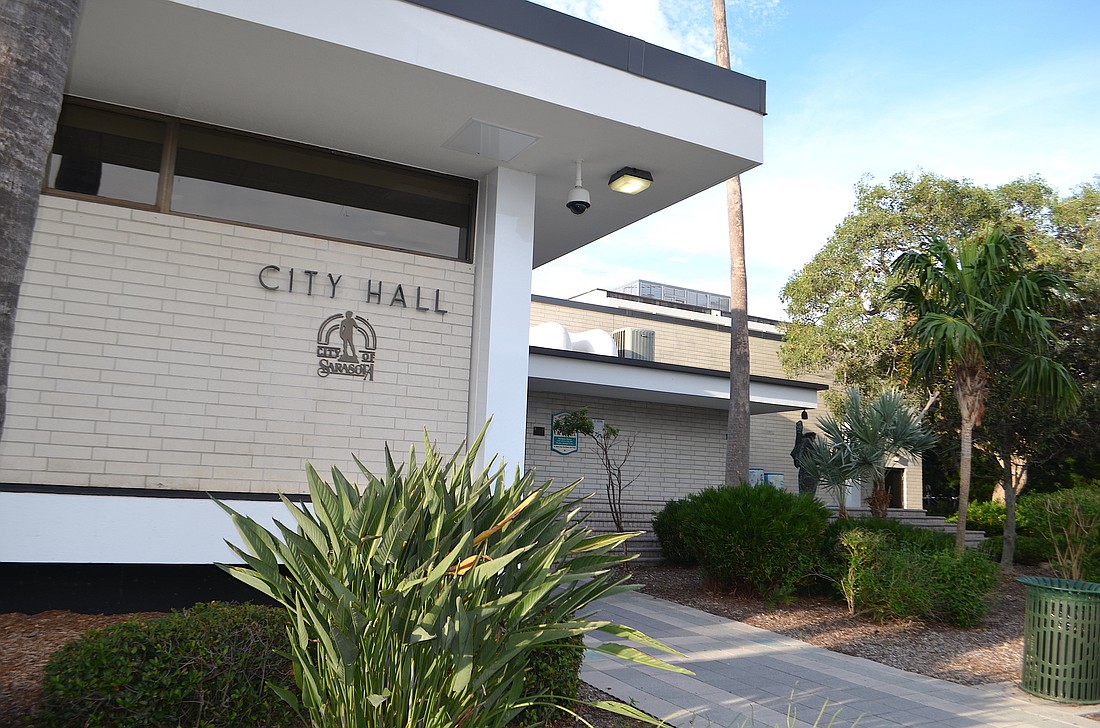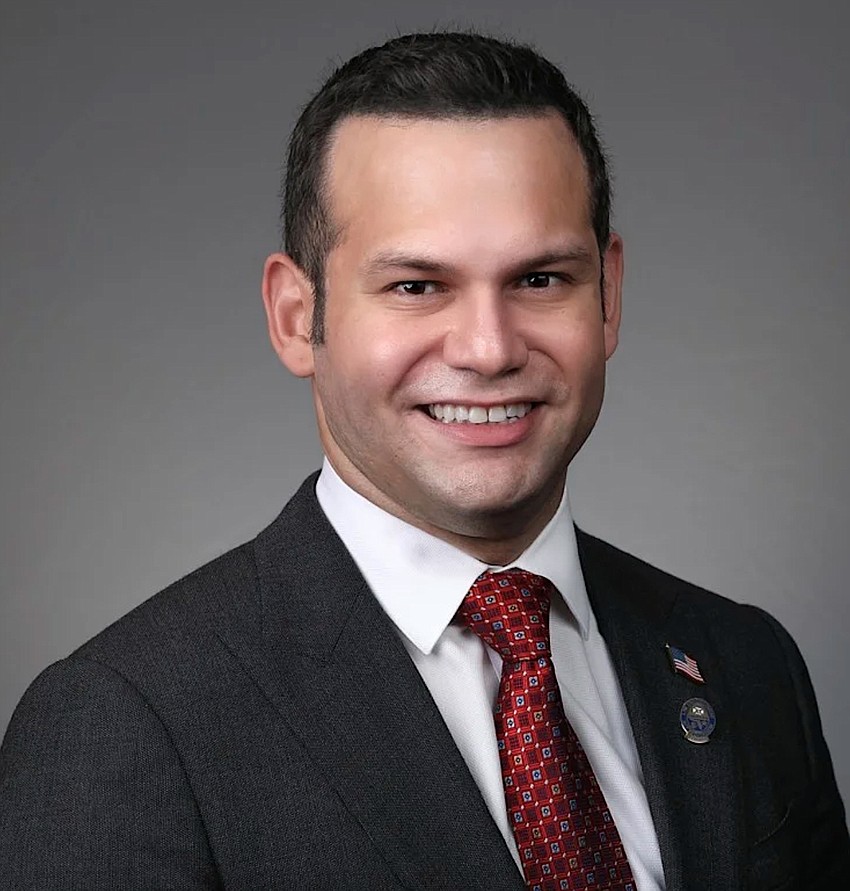- November 24, 2024
-
-
Loading

Loading
 Photo by Andrew Warfield
Photo by Andrew Warfield
There is a difference between public participation in local government and professional lobbying, and Sarasota City Commissioner Erik Arroyo wants to bring transparency to the latter.
Arroyo has added an agenda item to the commission’s Monday, Oct. 16 meeting to discuss his proposed Lobby Transparency Act, which would require full disclosure of individuals who are paid to advocate before staff and elected officials.
“Anonymous or clandestine lobbying can blur the lines between genuine community concern and vested interests,” Arroyo wrote in a letter to his fellow commissioners and charter officials. “With The Lobbying Transparency Act, we would be instituting a framework where anyone lobbying the city, and being paid for it, would need to register. This ensures a clear distinction between those voicing personal or community concerns and those representing a particular interest for monetary compensation.”

Arroyo cited more than 400 municipalities and 60-plus counties in Florida with similar ordinances.
“The Lobbying and Transparency Act ensures that our governance remains an open book to our community,” Arroyo told the Observer. “With this act, we shine the light on every voice, ensuring every influence is clear and accountable. It’s not just about regulation. It's about building a deeper trust between the city and its residents.”
Key features of Arroyo’s proposal include:
“When decisions are made, we elected officials need to know that it is individuals who are concerned for their community, not those being paid by private interests to further some agenda,” Arroyo said. “Secret lobbying is rampant in the city and it needs to be brought under control.”
Exercising that control includes mechanisms for enforcement. Arroyo said those vary by jurisdiction and should Sarasota implement such an ordinance, penalties for violation would need to be substantial enough to compel compliance. Those can include fines for failure to disclose and outright bans from lobbying elected officials and staff both in public and in private.
“The public has a right to know who is trying to lobby for what and who is paying who,” Arroyo said. “The reality is that when someone is getting paid to lobby and they do it in a clandestine manner, they detract from residents who are actually doing it because they care about their community.”